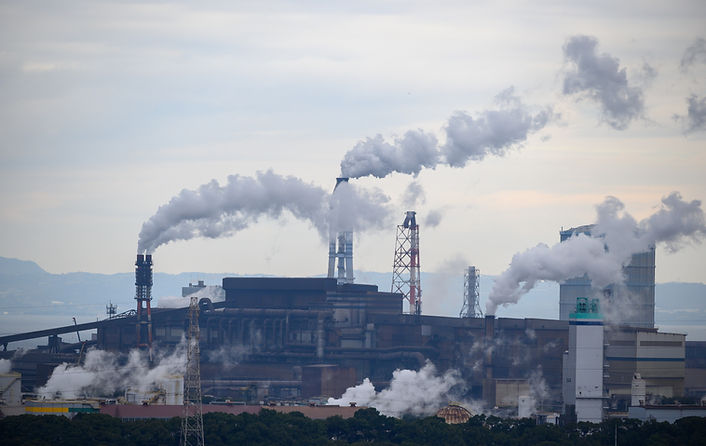
Global Warming


Why is Global Warming Harmful?
Global Warming affects not only humans, But many species and animals around the world. Some species cannot live in conditions of Global Warming and will go extinct affecting some materials that humans need to survive on earth.
Society as a whole will not take action on something if it is 25-30 years later when we will hit the most critical point of the issue, Because society chooses to ignore long-term effects of something
Global warming is hard to deal with because it is a weather issue that societies most valuable objects and most used objects take part in, Almost no
Humans would sacrifice their materials towards ending climate change because it is far too important to society today.
What can you do to help?
Actions
From the United Nations
Everyone can help limit climate change. From the way we travel, to the electricity we use and the food we eat, we can make a difference. Start with these ten actions to help tackle the climate crisis.
Save energy at home
Much of our electricity and heat is powered by coal, oil and gas. Use less energy by lowering your heating and cooling, switching to LED light bulbs and energy-efficient electric appliances, washing your laundry with cold water or hanging things to dry instead of using a dryer.Learn more about saving energy at home at UN.org
Walk, cycle or take public transport
The world’s roads are clogged with vehicles, most of them burning diesel or petrol. Walking or riding a bike instead of driving will reduce greenhouse gas emissions – and help your health and fitness. For longer distances, consider taking a train or bus. And carpool whenever possible.Learn more about walking, cycling or taking public transport at UN.org
Eat more vegetables
Eating more vegetables, fruits, whole grains, legumes, nuts and seeds, and less meat and dairy, can significantly lower your environmental impact. Producing plant-based foods generally results in fewer greenhouse gas emissions and requires less energy, land and water.Learn more about eating more vegetables at UN.org
Consider your travel
Aeroplanes burn large amounts of fossil fuels, producing significant greenhouse gas emissions. That makes taking fewer flights one of the fastest ways to reduce your environmental impact. When you can, meet virtually, take a train or skip that long-distance trip altogether.Learn more about considering your travel at UN.org
Throw away less food
When you throw food away, you're also wasting the resources and energy that were used to grow, produce, package and transport it. And when food rots in a landfill, it produces methane, a powerful greenhouse gas. So use what you buy and compost any leftovers.Learn more about throwing away less food at UN.org
Reduce, reuse, repair & recycle
Electronics, clothes and other items we buy cause carbon emissions at each point in production, from the extraction of raw materials to manufacturing and transporting goods to market. To protect our climate, buy fewer things, shop second-hand, repair what you can and recycle.Learn more about reducing, reusing, repairing and recycling at UN.org
Change your home's source of energy
Ask your utility company if your home energy comes from oil, coal or gas. If possible, see if you can switch to renewable sources such as wind or solar. Or install solar panels on your roof to generate energy for your home.Learn more about changing your home's source of energy at UN.org
Switch to an electric vehicle
If you plan to buy a car, consider going electric, with more and cheaper models coming on the market. Even if they still run on electricity produced from fossil fuels, electric cars help reduce air pollution and cause significantly fewer greenhouse gas emissions than petrol or diesel-powered vehicles.Learn more about switching to an electric vehicle at UN.org
Global Warming
Explained
